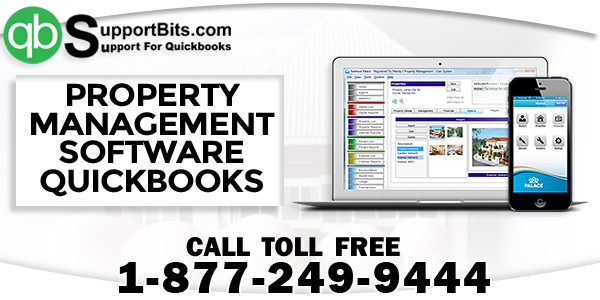

The cloud accounting software allows you to access your data from anywhere, including your phone, and updates are synced across all of your devices. QuickBooks Online works particularly well for property managers. You are encouraged to sign up for the 30-day free trial to get a sense of what the program can do for you, and Intuit, the company that developed QuickBooks, often takes 50% off of the price for the first three months. While the software isn’t cheap, it isn’t absurdly expensive either, and it will save you time (and ultimately money) in the long run. If your company is not quite big enough to invest in a specialized accounting system, QuickBooks can help. The primary reason why so many property managers use QuickBooks is the same reason why other business owners prefer it: It is simple accounting software that can be used by people who aren’t accountants.Īnother great QuickBooks feature is that it’s appropriate for small and mid-sized businesses. Why do so many property managers use QuickBooks? For that and other reasons, many property managers and property management companies choose QuickBooks to help them tackle accounting with greater precision and efficiency. Consistent mismanagement of money is one of the quickest ways to lose clients, so property managers need to stay on top of the numbers at all times.Īs we said, accounting isn’t easy, especially if you don’t have an accounting background. If the books don’t balance, then owners ultimately pay for the deficit. Like any business owner, they need to know how much revenue is coming in, and how much money is being spent. Property managers must understand the financial health of each of their communities in order to ensure their well-being and longevity. It’s a lot work, but it’s important work, too.

They may have to process thousands of payments from dozens of different communities, document different invoices from multiple vendors, and let’s not even start on the amount of time it takes to organize and file taxes.

Property management companies have their own set of special needs and requirements when it comes to accounting.


 0 kommentar(er)
0 kommentar(er)
